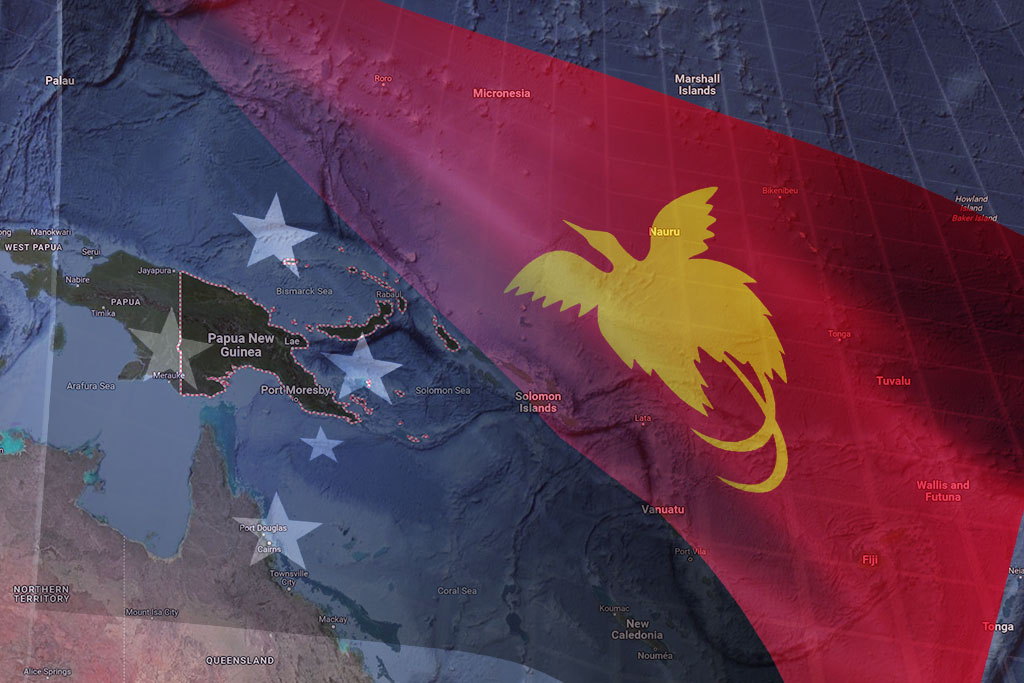Reimagining the U.S. Defense Industrial Base for Strategic Deterrence
Daniel K. Inouye Asia-Pacific Center for Security Studies Associate Dean of Academics Dr. Deon Canyon has authored a new article in Security Nexus titled “Adaptive Power Helps the U.S. Defense Industrial Base Become a Tool of Deterrence.” His paper argues that as strategic competition with China intensifies, the U.S. Defense Industrial Base (DIB) must shift from a reactive supplier to a proactive tool of deterrence and influence. Using the Adaptive Power framework, the article reimagines the DIB as a sovereignty-aligned asset that supports U.S. strategic objectives through five operational pillars: timing, context, legitimacy, modularity, and learning.











